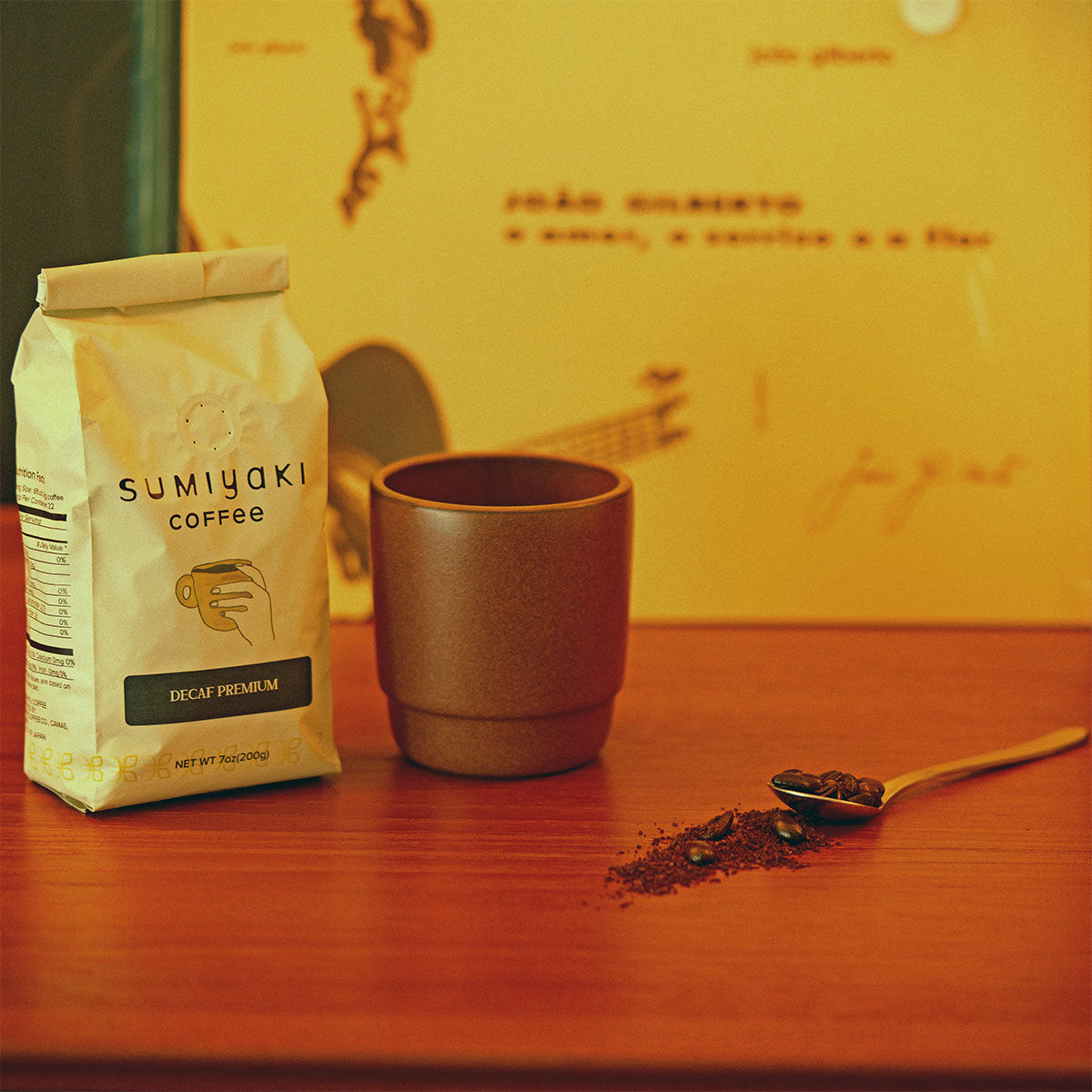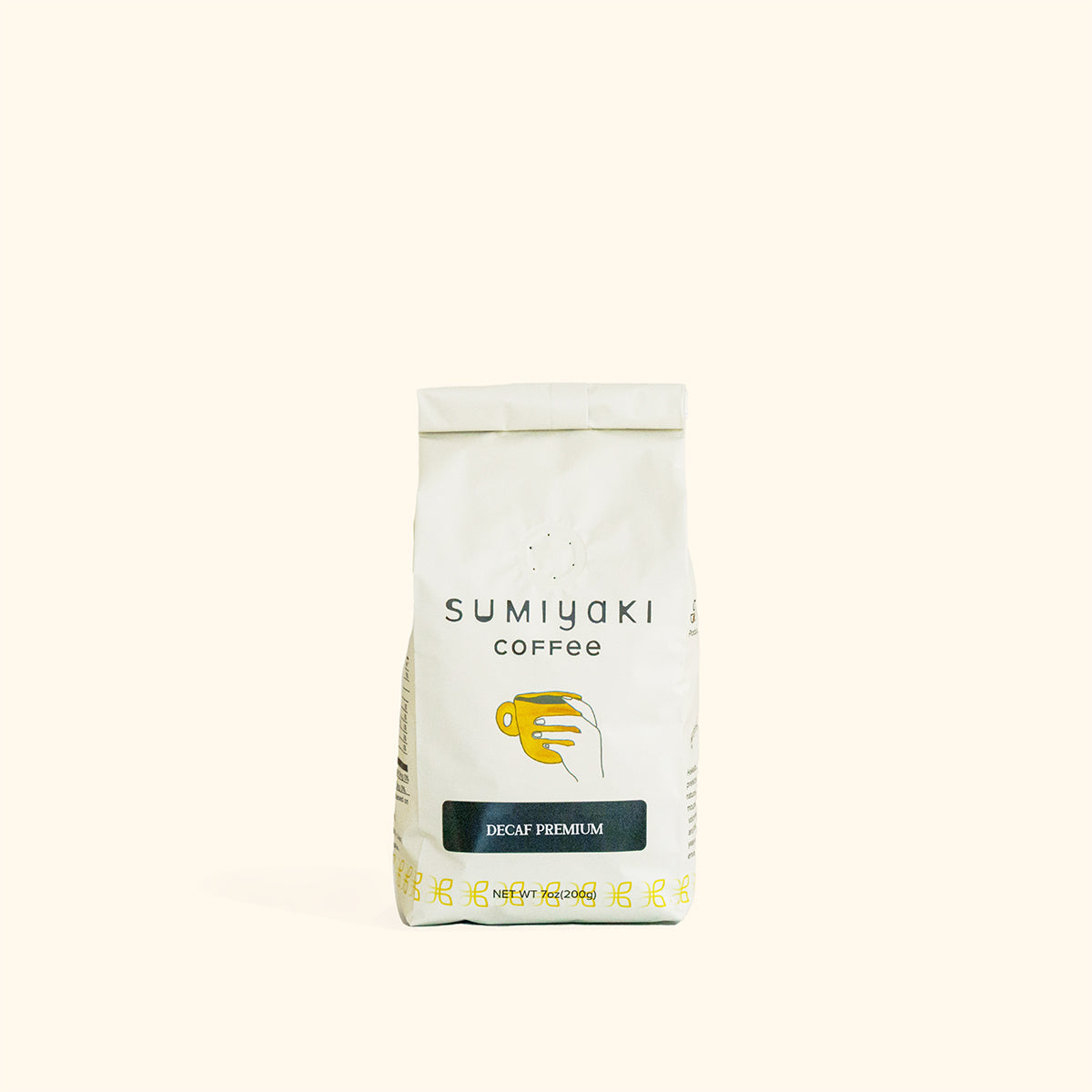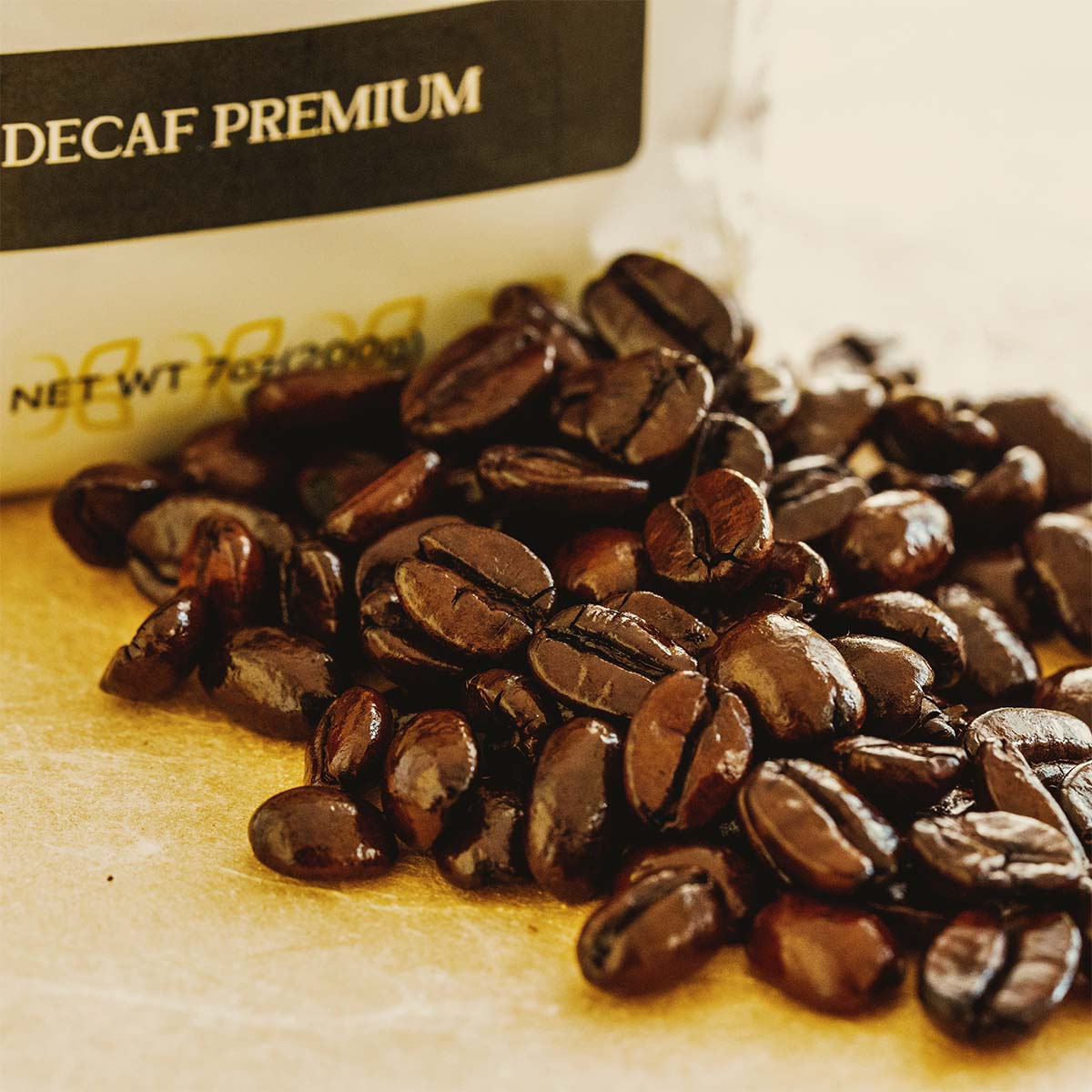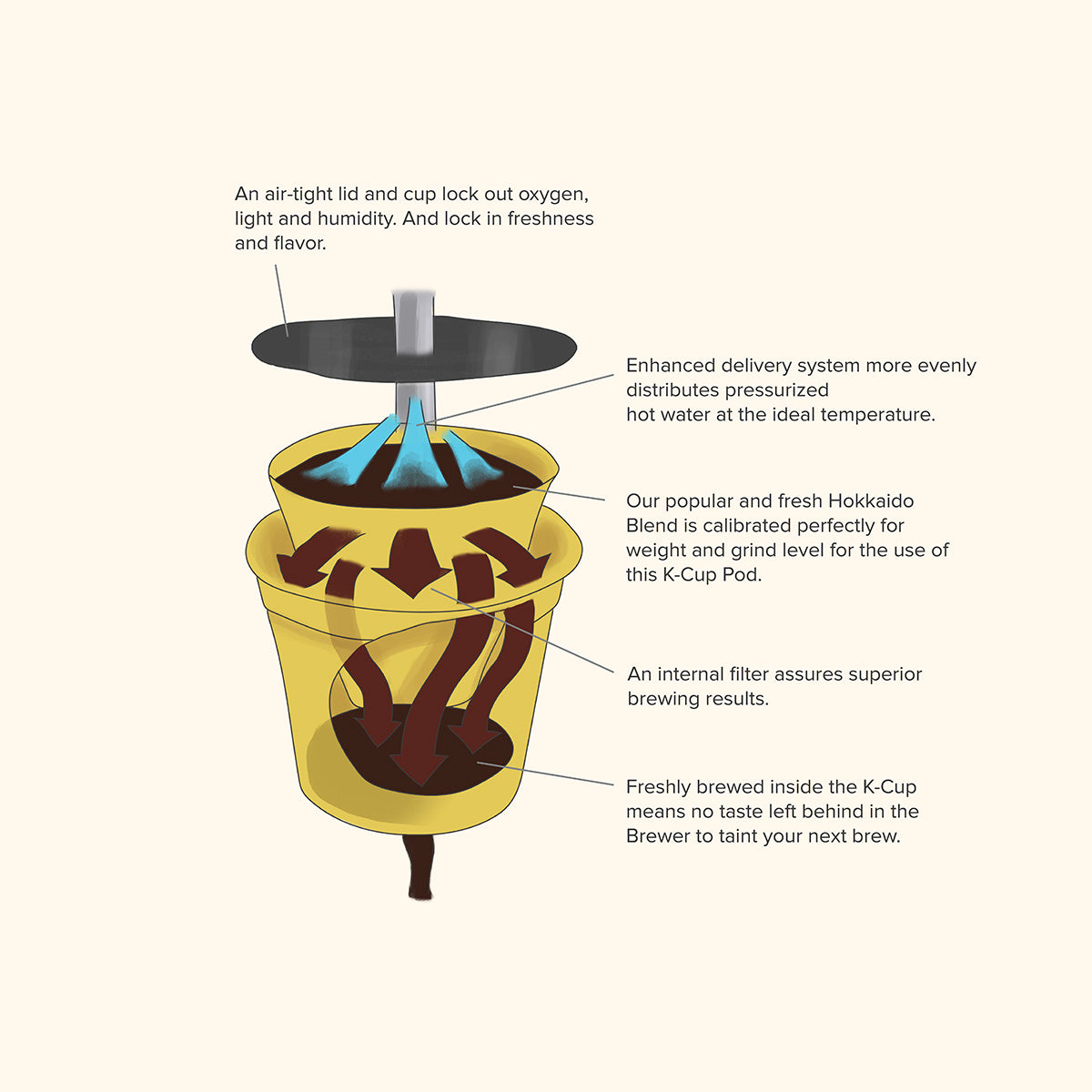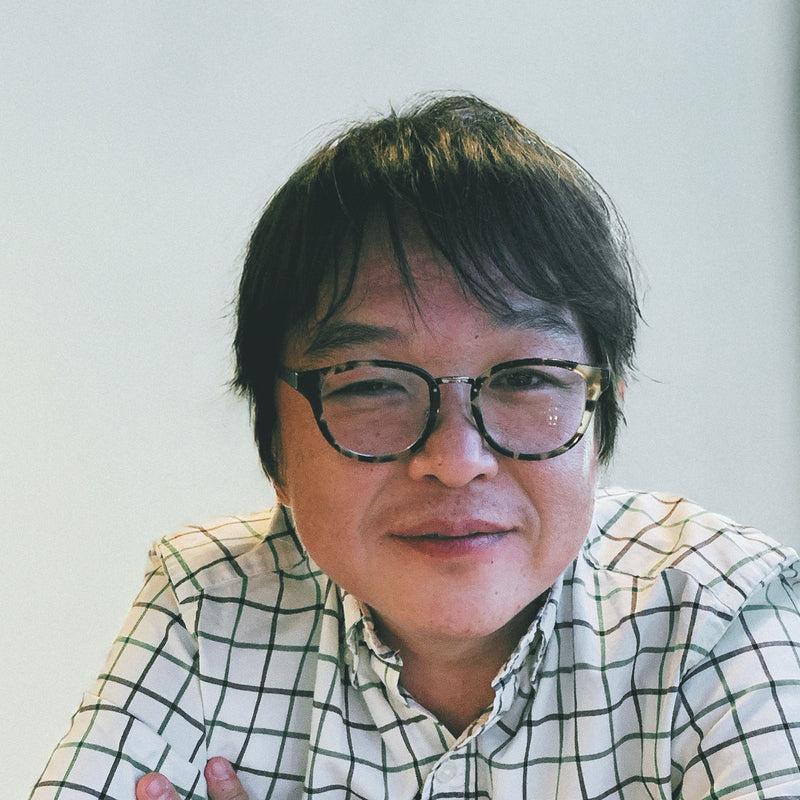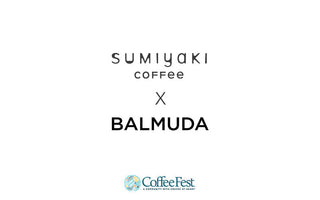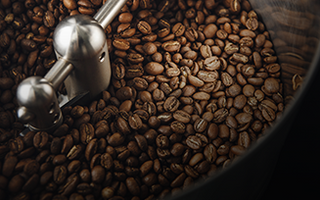I recently wrote about Excelsior Caffé (you can check out that article here), and one of its recent notable business moves was joining Tabete.
I thought this was such a unique concept that I thought of writing a whole article.
This food-sharing app aims to decrease food waste in a satisfying way. Participation in Tabete, a platform operated by Co-cooking Co., Ltd., could be considered both a practical and a moral choice.

What Is Tabete?
Tabete, the name of which translates into a pun that means both "to eat" and "the eater," is essentially a platform that connects users with food that is still fine to eat but is likely to be wasted because of the business's impending closing time.
As an end-user, by installing the app and registering your close-by and favorite restaurants, you get notified when the participating restaurants have some left-over, and you can purchase them on the app at a reduced price. What a great idea!
There are more than a thousand shops registered with the service. Most of them are in Tokyo, but the app's reach has extended to Saitama, Ishikawa, Kanagawa, and other locations.
Tabete, launched in 2018, offers a solution for an important social issue. It has garnered recognition and commendation from various distinguished award-giving bodies such as Ruby Biz, Rakuten, Forbes, and the Japanese government itself. It continues to gain popularity as its increasing number of users inevitably turns "Tabete" into a household name.
Business with a Conscience
In the face of prevalent hunger in many impoverished parts of the world, wasting food - even in the first world where there is an abundance - is regarded as unconscionable. This places food businesses in a quandary. They have standards to maintain, so they can't serve anything that falls even the slightest bit short of these. Often, food and drinks that are still perfectly fine to consume, but may not be in the freshest or most presentable state, are discarded. Thus, food waste is considered a necessary evil.
Tabete, with its "food rescue" campaign, allows dining establishments to minimize the amount of still-edible food that they have to get rid of at the end of a business day.
Better Business Practice
Anytime a restaurant or coffee shop has to throw out day-old or less-than-perfect menu items, that's a hit on their profit. If they can sell it, even at a discounted price, that's better than a complete loss. By participating in such a food-sharing program, the store also widens its scope of exposure and may gain new customers.
Being able to sell about-to-be-discarded products is not only a sales matter for the business. It also has an economical impact in terms of garbage disposal costs. It may also affect employee satisfaction. It can be very stressful to throw out still-good food. Many feel inclined to get a different job to avoid having to do that.
The Tabete System
Tabete is commission-based, so there is no actual joining, usage, or membership fee for either the stores or the customers. From the business side, stores list food items, both actual menu contents and mere ingredients, that they wish to take a last stab at selling before they have to discard them.
What products would qualify for a Tabete lineup? In a café, these may include sandwiches and dishes that won't carry over to the next day, imperfect-looking baked goodies, coffee beans or grounds that are about to go past their date of freshness or that may have worn-looking packaging, etc. They must all be at a quality that can still be safely and enjoyably consumed.
Participating restaurants and cafés are not required to post every day. So, it's okay if they don't have anything to list.
At the customers' end, if they want to check out what's available, they can search by station or prefecture. It's necessary to note that this is not a food delivery service. Purchases are available for pick-up, and it's imperative that buyers check the designated time for it before placing their order, or they might belatedly find that they cannot make it to the store in that time frame.
The Excelsior Caffé Case
Doutor Coffee, which operates Excelsior Caffé, ran a trial period for Tabete participation with six of its stores before deciding on listing more. These are the numbers resulting from January 2021 to November 2021, which ultimately convinced them to sign up a total of 50 locations.
-
Rescued meals - 2,255
-
Reduced food waste - 254.32 kg
-
Converted value of reduced CO2 emission - 698.37 kg
Japanese coffee shop chain Excelsior to curb food loss via food-sharing service TABETE https://t.co/AReMADqkky
— Japanese Coffee Co. (@JpnCoffeeCo) November 26, 2021
Learn more about coffee shops in Japan here! https://t.co/hliL6VHaZk pic.twitter.com/Cbqv9Vyf47
Final Thoughts
Japan's estimated food waste or loss is about 6.12 million tons a year. Tabete's impact may not yet put a big dent on that number, but it's continually growing. Nevertheless, any reduction may be considered significant. The culture it is promulgating is also bound to carry out to other food sectors. With its success, Japan can expect to see more responsible food production and consumption from all pertinent areas of society.
Get Free Bonus Books
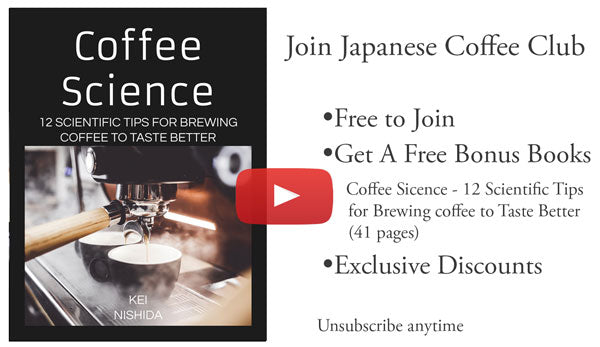
Sign up for free to the Coffee Club to get advice and exclusive articles about how to choose Japanese Coffee, and tips, tricks, and recipes for enjoying Japanese coffee.
About the author
Kei Nishida
Author, CEO Dream of Japan
Certification: PMP, BS in Computer Science
Education: Western Washington University
Kei Nishida is a passionate Japanese tea and coffee connoisseur, writer, and the founder and CEO of Japanese Coffee Co. and Japanese Green Tea Co., both part of Dream of Japan.
His journey began with a mission to introduce the world to the unparalleled quality of Japanese green tea. Through Japanese Green Tea Co., he established the only company that sources premium tea grown in nutrient-rich sugarcane soil—an innovation that led to multiple Global Tea Champion awards.
Building on this success and his passion for Japanese craftsmanship, Kei expanded into the world of coffee, pioneering the launch of Japanese Coffee Co., the first company to bring Sumiyaki charcoal-roasted coffee to a global audience. His dedication to authenticity and quality ensures that this traditional Japanese roasting method, once a well-kept secret, is now enjoyed worldwide.
Beyond tea and coffee, Kei has also introduced Japan’s legendary craftsmanship to the world through Japanese Knife Co., making handmade katana-style knives—crafted by a renowned katana maker—available outside Japan for the first time.
Kei’s journey continues as he seeks out and shares the hidden treasures of Japan, one cup and one blade at a time.
Learn more about Kei

![Asa Tsuyu Blend [Light Blend] Coffee (Colombia, Brazil, Ethiopia)](http://japanesecoffeeco.com/cdn/shop/files/web-ready_Asa_Tsuyu_Blend_life-style.jpg?v=1754689231)
![Asa Tsuyu Blend Package [Light Blend] Coffee (Colombia, Brazil, Ethiopia)](http://japanesecoffeeco.com/cdn/shop/files/AsaTsuyuBlendpackage.jpg?v=1754689220)
![Asa Tsuyu Blend [Light Blend] Coffee Beans (Colombia, Brazil, Ethiopia)](http://japanesecoffeeco.com/cdn/shop/files/AsaTsuyuBlendcoffeebeans.jpg?v=1770838125)
